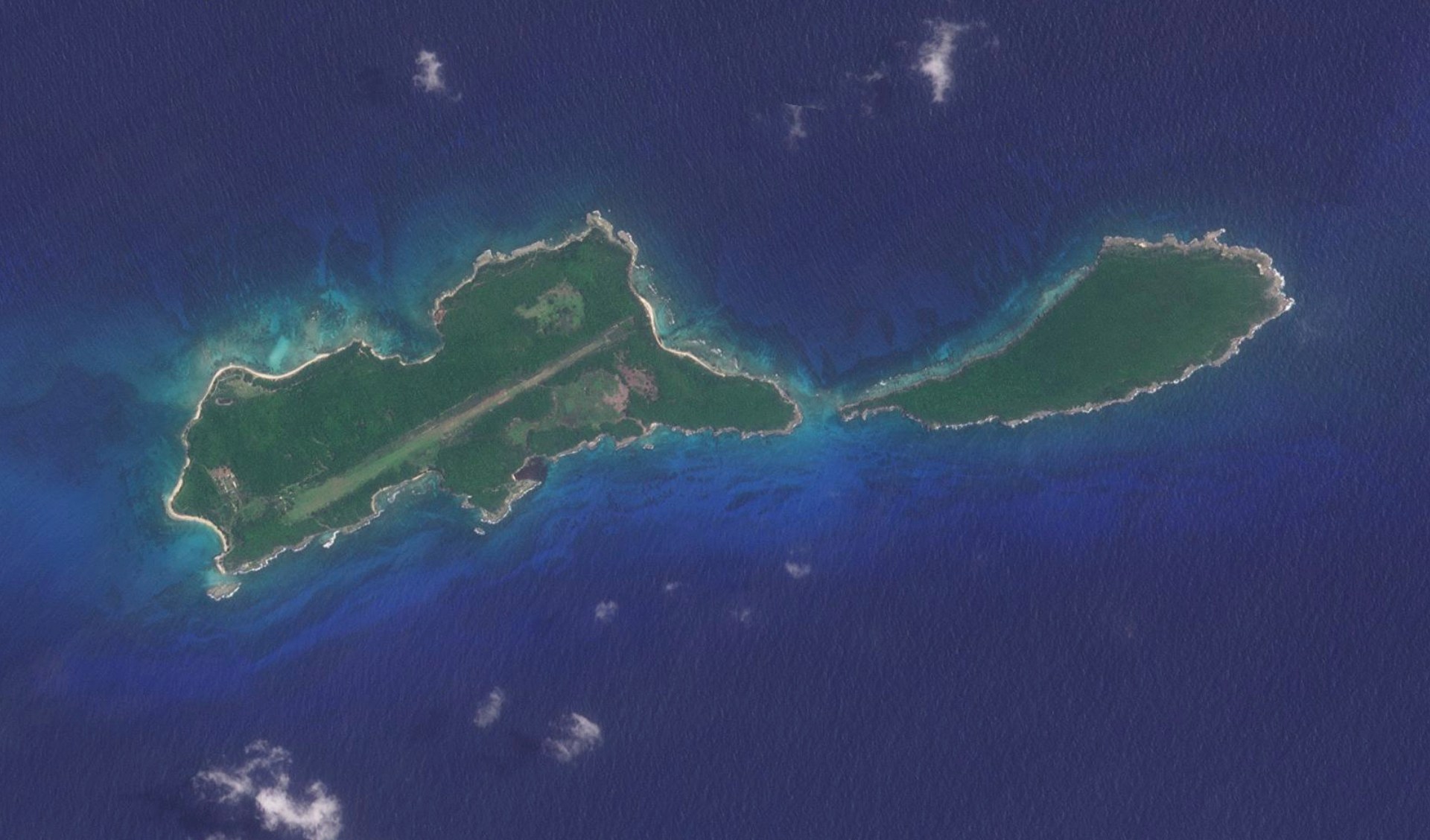Bahrain’s first solar panel manufacturer is blazing a trail for renewables
“Renewable energy is one of the key sectors that are growing in the region,” says Husain Mohamed Rajab, CEO of Tamkeen, a government agency that supports small businesses and has invested in Solar One. “The GCC (Gulf Cooperation Council) is one of the most energy rich regions globally and that drives a lot of interest from governments to support growth and development of any activity in the sector.”
Solar One has the capacity to produce 60,000 solar panels a year. It sells them to private clients, such as schools, homes or factories, to supply their power, with excess electricity sent to the grid.
In this way, the company is contributing solar to the national energy mix, says Faisal Khalifeh, founder and managing director of Solar One.
These targets are part of a wider vision to diversify the economy, which has been hit heavily in the last decade. Last year, the country announced a $30 billion recovery plan, which includes building five new cities and artificial islands to attract tourists, building a US trade zone and constructing a road and rail bridge that connects Bahrain to Saudi Arabia, the region’s largest economy.
It has also introduced a permanent residency program to attract top talent, and it wants to bring in $2.5 billion in private investments by 2023. The hope is that fresh talent and investment will foster entrepreneurship and drive growth.
“We’re the first manufacturer (of solar panels), says Khalifeh, “but we won’t be the last.”
Watch the video for the full story



